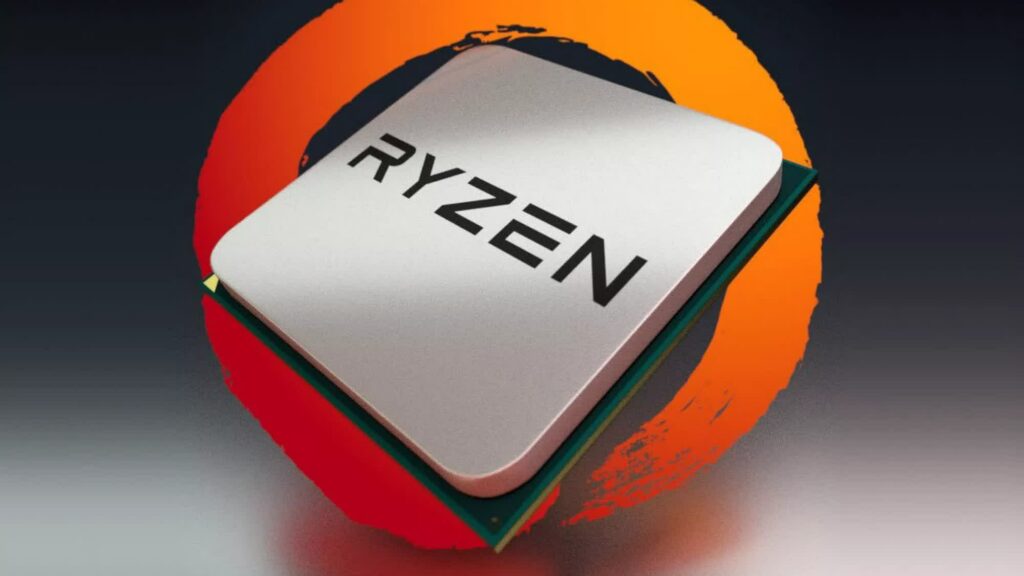Serving the tech enthusiast community for over 25 years.
TechSpot means tech analysis and advice you can trust. Read our ethics statement.
In brief: AMD announced its Ryzen 8000G-series desktop processors at CES 2024 earlier this month. Boasting Zen 4 core architecture and RDNA 3 graphics, the new APUs are made up of 4 SKUs: two high-end models based on Phoenix 1 dies, and two entry-level products based on Phoenix 2. New developments now suggest that the Phoenix 2 chips could support much lower SSD speeds and GPU performance compared to their Phoenix 1 counterparts.
Official specs published by Gigabyte for its B650E AORUS ELITE X AX ICE motherboard reveal that the two Phoenix 2 chips in the lineup, the Ryzen 5 8500G and Ryzen 3 8300G, will offer only PCIe 4.0 x4 functionality for discrete graphics cards, while the Phoenix 1 APUs, the Ryzen 7 8700G and Ryzen 5 8600G, will support PCIe 4.0 x8.
It’s a similar story with the M.2 lanes, which will be cut from PCIe 4.0 x4 in the two Phoenix 1 chips to PCIe 4.0 x2 for Phoenix 2, virtually halving SSD performance. This means the two lower-end 8000G chips will only be able to run a PCIe 4.0 SSD with two lanes instead of four and external graphics cards with just four lanes instead of 8 or 16, which are supported by most modern desktop platforms. Unlike Ryzen 7000, none of the 8000G APUs support PCIe 5.0.
The support for fewer PCIe lanes is expected to have a negative impact on the SSD speed and discrete GPU performance, especially if you are looking to install high-end components. It shouldn’t, however, be an issue for entry-level graphics cards, many of which still only support 4x PCIe 4.0 lanes anyway.
Reports claim that AMD had originally listed only single-channel memory support for the Phoenix 2 APUs, but that has since been updated to show dual-channel memory support for the 8300G. While a single channel would have still offered enough bandwidth to run the iGPUs, it wouldn’t have been enough to extract full performance out of discrete graphics cards, so dual-channel support is definitely good news.
>>> Read full article>>>
Copyright for syndicated content belongs to the linked Source : TechSpot – https://www.techspot.com/news/101573-ryzen-8000g-apus-could-drastically-reduce-ssd-gpu.html
